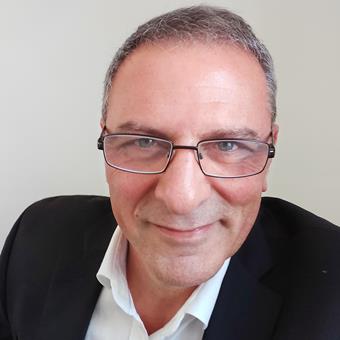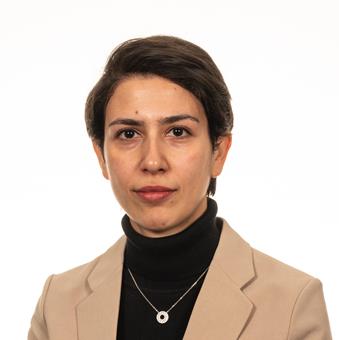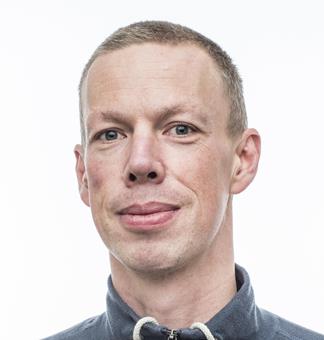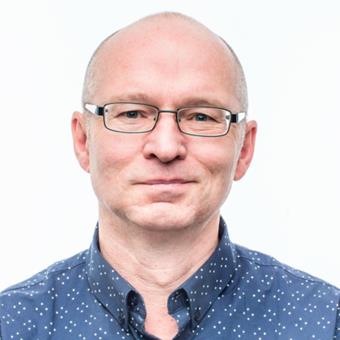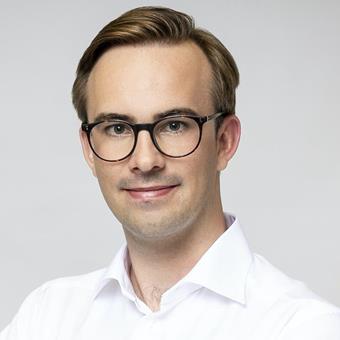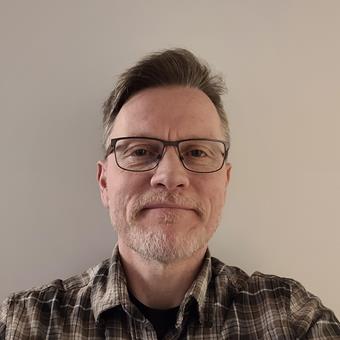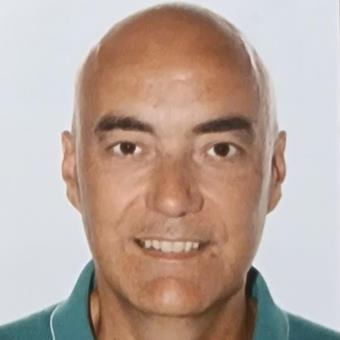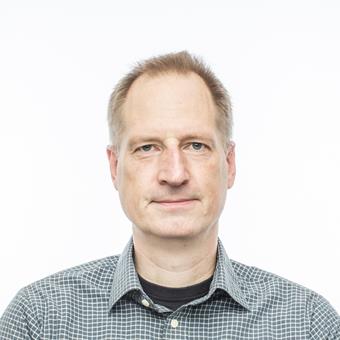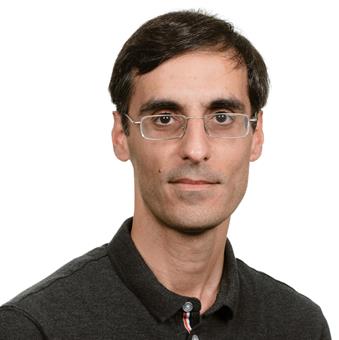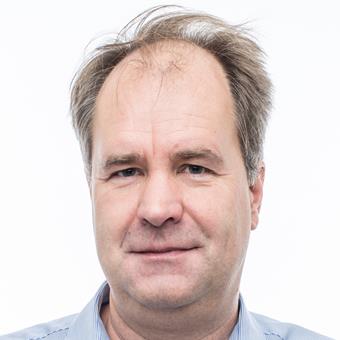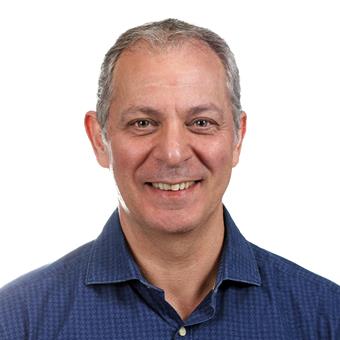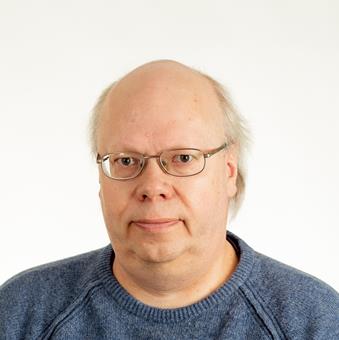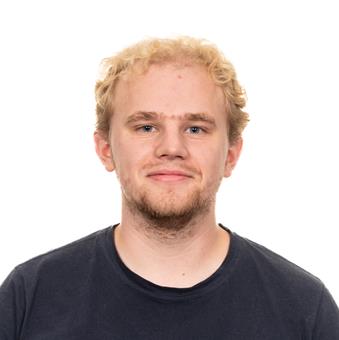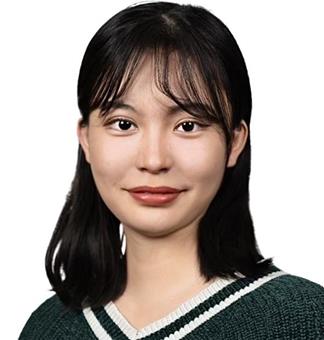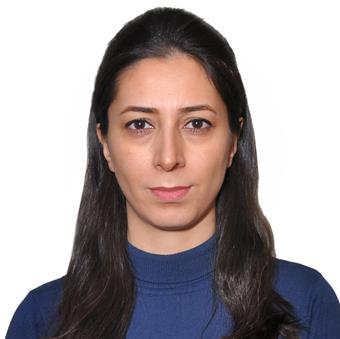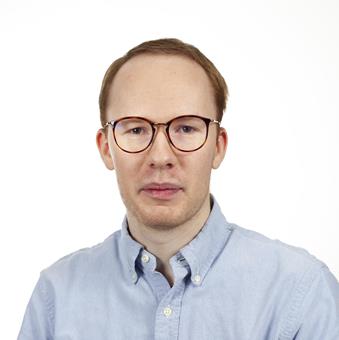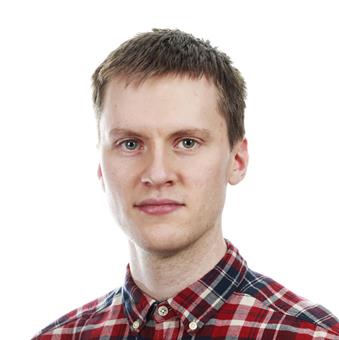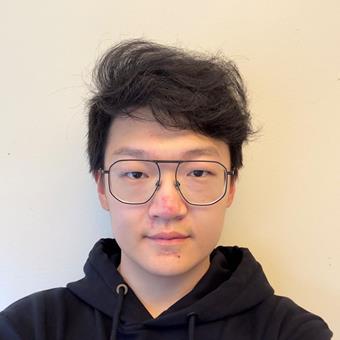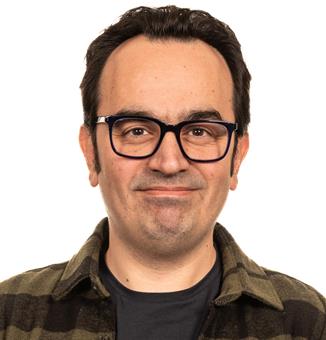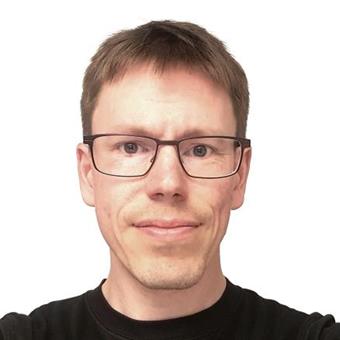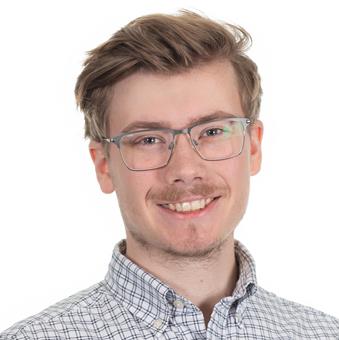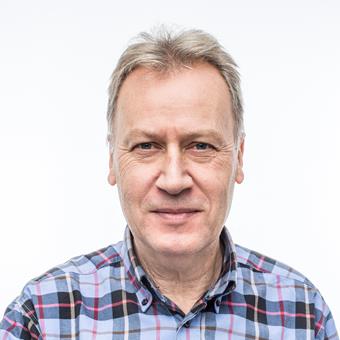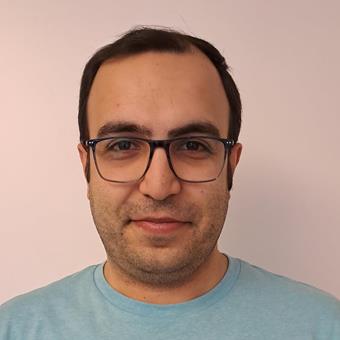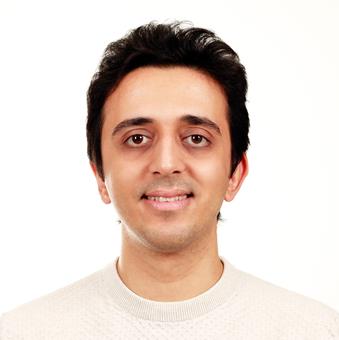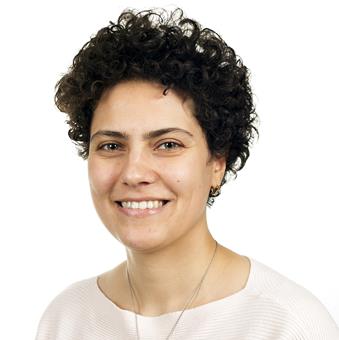This group has many years of experience withing these research areas and has contributed with innovative circuit and system solutions at the international forefront. In addition to lots of publications and patents, our research results have been utilized in advanced commercial products such as microprocessors, wireless sensors, internet routers, CMOS cameras, data acquisition systems, and more.
This also includes digital logic, different kinds of processors, multiple processors, and system on chip integration from job analysis on high system level down to RTL or gate micro architecture level of VLSI implementations. This research focuses on design of ASIP (application specific instruction set processors) and OCMP (on-chip multiple processors) for embedded applications. We are especially interested in memory and power issues of multi-processor architectures under specific flexibility.
We aim to push the limits of performance and energy-efficiency of critical circuit and system structures which often are bottlenecks to overall performance of systems. We are particularly interested in design and implementation data converters, analog front ends, sensor readout and data acquisition systems, energy-harvesting and power management systems, analog/digital baseband and RF frontends for radio transceivers, and low-power wireless sensors. We have also a strong background and long experience in design of advanced digital computing/signal processing circuits and systems, as well as on-chip networks and memories.
Being an application-driven research group, we have a long tradition of close collaboration with national and international companies. Our projects support a wide range of application areas, e.g. communication, computing, healthcare, safety and security, energy management, automotive, avionics, smart consumer electronics, Internet of Things, and more.
Design of electronics systems hardware requires broad knowledge and skills across various engineering fields. We have close collaboration with several strong research divisions at our department (ISY) as well as at the department of computer engineering (IDA). Together, we cover almost all aspects of electronic system design, and we are capable to tackle large multi-disciplinary system design projects, e.g. medical engineering cooperation with Karolinska Institutet.





